
Almost every great band once started as a group of friends making music together. But some of these groups wrote their own tragic endings while writing the soundtrack of our lives. Let’s look at 10 such famous bands that, under the influence of money and fame, couldn’t survive their success.
The Beatles
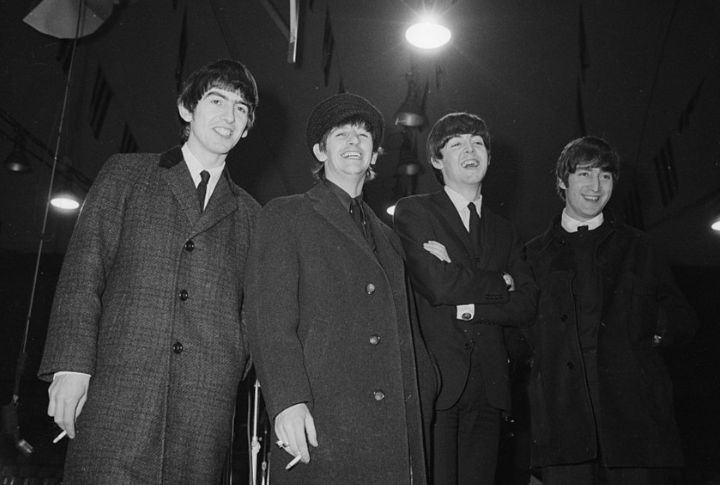
Business disputes over management and finances tore apart the world’s biggest band. In April 1970, bassist Paul McCartney shocked fans by announcing the breakup. Another point of tension was John Lennon’s girlfriend, Yoko Ono, who frequently attended the recording sessions. The four Liverpool musicians who once shared everything ended up suing each other in bitter court battles.
Oasis
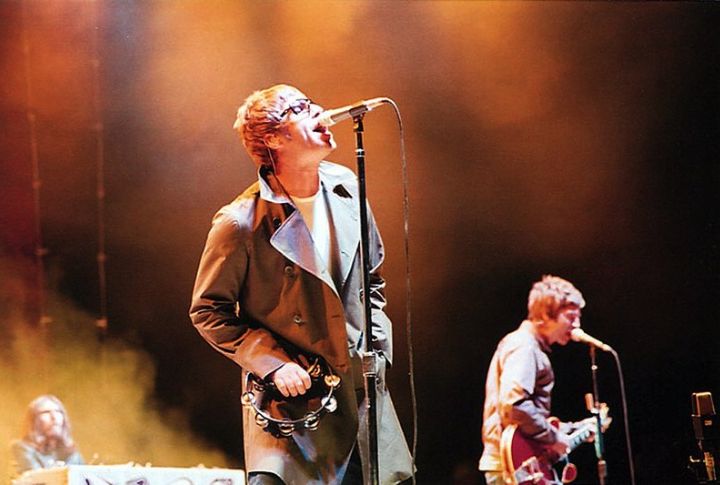
Lead guitarist Noel Gallagher couldn’t stand his younger brother Liam’s attitude anymore. Twenty years of sibling fights finally exploded backstage before a 2009 festival show. Liam’s disrespectful behavior, including the fact that he smashed Noel’s guitar, created tensions. Their public insults became THE scoop for British tabloids.
The Libertines
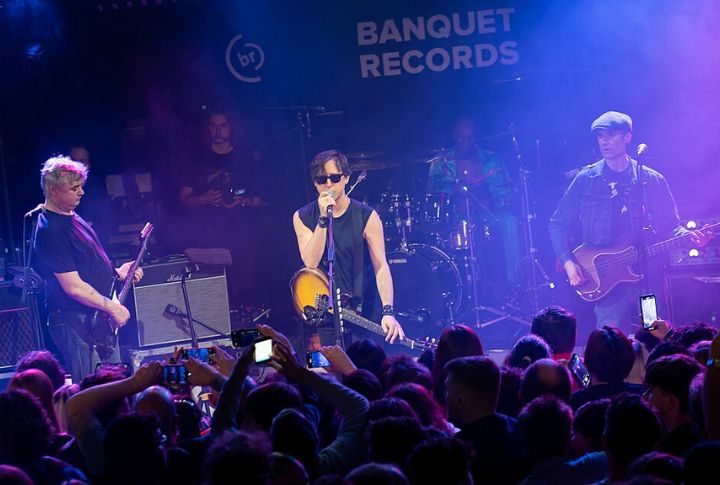
Frontman Pete Doherty’s addiction killed this British punk revival band’s future. Pete chose drugs over his musical partnership with Carl Barat (guitarist). Another betrayal came when Doherty burglarized Barat’s apartment and was arrested by the police. The Doherty-Barat friendship then slowly died along with the band’s future.
Creedence Clearwater Revival
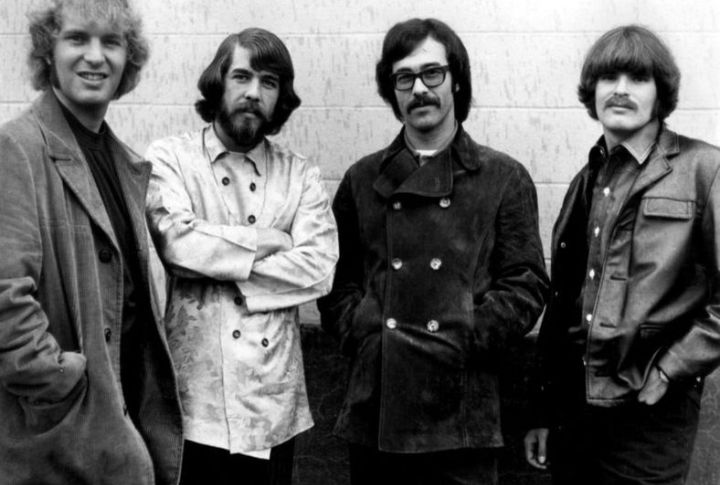
Songwriter John Fogerty treated his bandmates like hired musicians instead of equal partners. Rhythm guitarist Tom—also his younger brother—quit first after feeling completely sidelined. The remaining members couldn’t handle John’s controlling personality during studio sessions. And after the breakup, decades of legal fights over song rights followed.
The Smashing Pumpkins
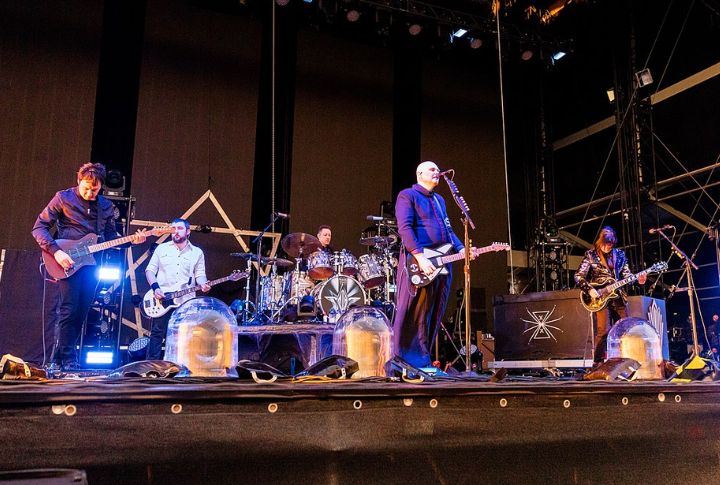
Bassist D’arcy Wretzky’s panic attacks made touring a nightmare by the late 1990s. Controlling frontman Billy Corgan clashed constantly with guitarist James Iha over creative decisions. Band members soon stopped speaking to each other. So, eventually, Iha left on his own, while Corgan fired Wretzky and kept the band name.
Guns N’ Roses
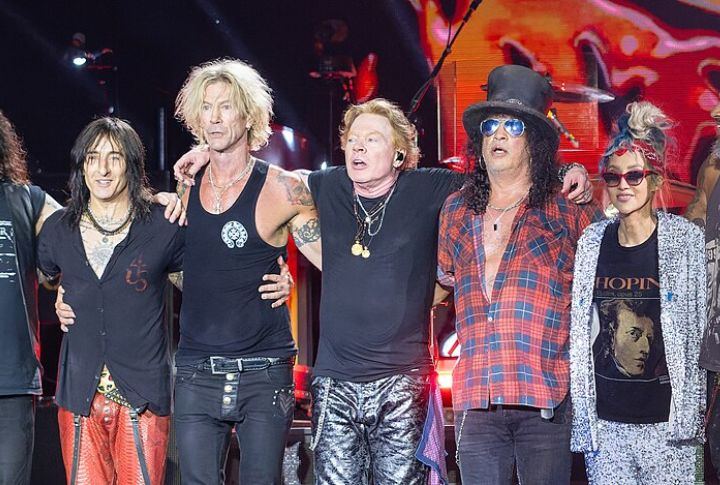
Lead guitarist Slash walked away because of singer Axl Rose and other creative differences. Rose’s obsession with perfection turned their 1997 album into an 11-year project. Bassist Duff McKagan also quit, calling the situation “impossible.” Although Rose kept the band name, he lost every original member. Slash had even formed a new group (Slash’s Snakepit) out of pure frustration.
The Police
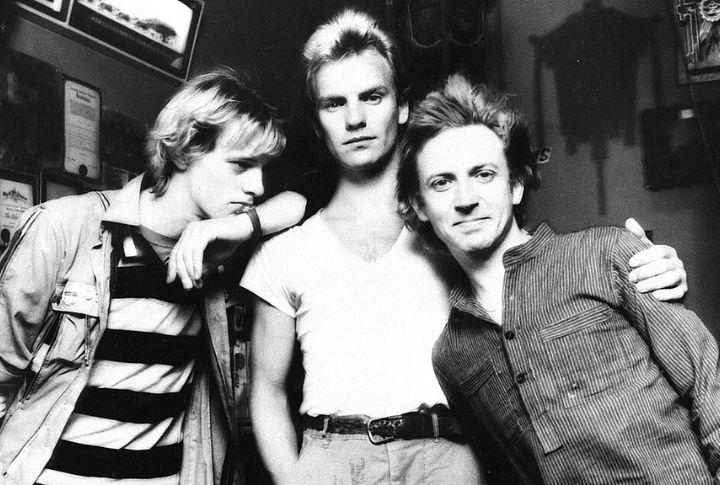
Sting’s massive ego made life unbearable for his bandmates by the early 1980s. Drummer Stewart Copeland and guitarist Andy Summers felt like backup musicians in their own band, especially since Sting kept rejecting the songs they had contributed during recording sessions. It was 1984 when the trio disbanded.
The Clash
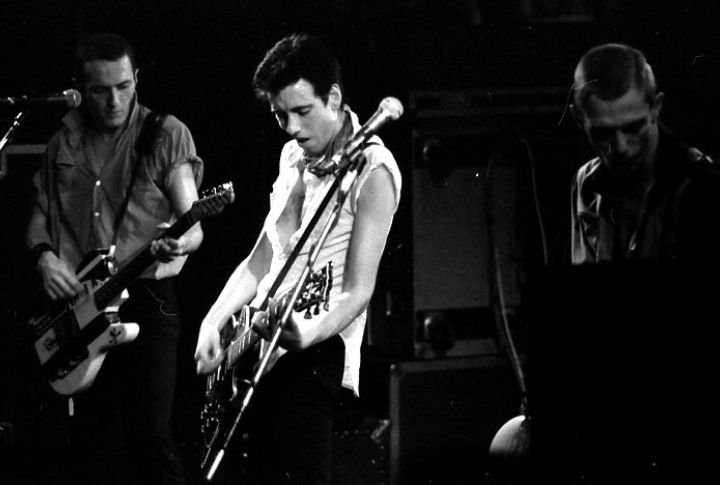
Mick Jones (lead guitarist) got kicked out of his own band in 1983 by the rest of his bandmates. Personal conflicts and disagreements about their work ethic split the group apart completely. Plus, Jones wanted to experiment with hip-hop influences, but rising band tensions made collaboration impossible, leading him to form Big Audio Dynamite.
Pink Floyd
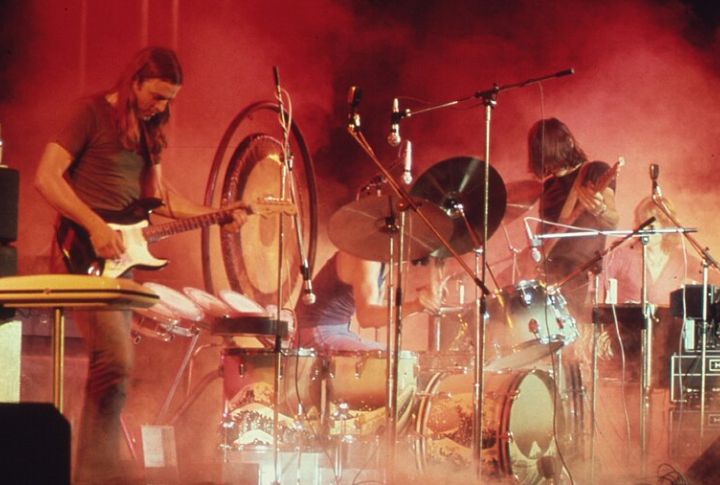
Roger Waters sued his own bandmates to stop them from using the Pink Floyd name. The main songwriter’s lawsuit came after guitarist David Gilmour refused to give up the rights when Waters quit in 1985. Legal battles dragged on for years, but they later decided to sell their music rights to Sony. Waters called his former friends “a spent force.”
The White Stripes
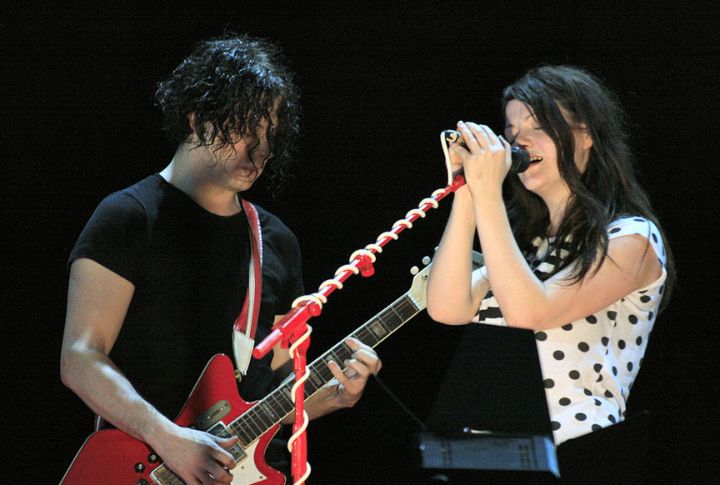
Jack and Meg White’s mysterious relationship became the band’s biggest weakness. Jack, the guitarist, claimed they were siblings, but others had suspected they were divorced spouses. The secrecy created constant media speculation and personal stress. When they announced their 2011 breakup, it was to “preserve the beauty of what we created.”

